IMF Executive Board Concludes 2017 Article IV Consultation with Iraq
On August 1, 2017, the Executive Board of the International Monetary Fund (IMF) concluded the 2017 Article IV consultation with Iraq.
Iraq is facing a double shock arising from the conflict with ISIS and the plunge in oil prices. In 2016, real GDP increased by 11 percent owing to a 25 percent increase in oil production, which was little affected by the conflict with ISIS. This year, economic activity is expected to remain muted due to a 1.5 percent contraction in oil production owing to the OPEC + agreement to reduce oil production and only a modest recovery of the non-oil sector.
The decline in oil prices has driven the decline of Iraq’s international reserves from $54 billion at end-2015 to $45 billion at end-2016. Fiscal pressures are ongoing, with the government deficit increasing from 12 percent of GDP in 2015 to 14 percent in 2016 despite the ongoing fiscal consolidation, due to weaker oil prices and rising humanitarian and security spending.
The authorities have appropriately maintained the exchange rate peg. The simplification of documentation requirements implemented by the Central Bank of Iraq led to a decline in the parallel market spread to 6 percent in June 2017.
Medium-term growth prospects are positive. Growth will be driven by the projected moderate increase in oil production and the rebound in non-oil growth supported by the expected improvement in security and implementation of structural reform. Risks remain very high, however, arising primarily from volatile security, political tensions, and poor policy implementation.
The Fund is supporting Iraq through a three-year Stand-By Arrangement in the amount of SDR 3.831 million ($5.380 billion), equivalent to 230 percent of quota.
Executive Board Assessment
Executive Directors agreed with the thrust of the staff appraisal. They welcomed the policies put in place by the authorities to deal with the shocks of the armed conflict with ISIS and the ensuing humanitarian crisis and the plunge in oil prices. While mediummdash;term growth prospects are positive, the mediummdash;term outlook remains exposed to significant risks, arising primarily from oil price volatility, unstable security, political tensions, and weak administrative capacity. Although performance under the Standmdash;By Arrangement has been weak in some key areas, understandings on sufficient corrective actions have been reached to keep the program on track. Against this background, Directors encouraged resolute implementation of the authorities’ program including continued efforts toward fiscal consolidation, strengthening the financial sector, and implementing structural reforms to promote private sector activity and improve the business environment.
Directors noted the fiscal adjustment achieved in 2016, albeit at a slower pace than programmed because of weak control of investment expenditure and spending pressures stemming from the military campaign against ISIS and assistance to internally displaced people and refugees. They welcomed that this adjustment was achieved mostly through retrenchment of inefficient capital expenditure while protecting social spending. Directors welcomed passage of a 2017 supplementary budget and the authorities’ commitment to implement further consolidation measures in 2017mdash;18 to keep the program on track and ensure external and debt sustainability. They stressed that fiscal space needs to be found to enhance human capital and rebuild the physical capital of the country. Tackling the low level of non—oil tax revenue and very high level of public consumption would help create the fiscal room to finance growthmdash;enhancing investment.
To strengthen financial sector stability, Directors encouraged the authorities to take measures to bolster supervision, and move forward with plans to restructure the statemdash;owned banks that dominate the banking system. They also encouraged strengthening the legal framework of the Central Bank, eliminating a remaining exchange restriction and a multiple currency practice, and accelerating implementation of AML/CFT and antimdash;corruption measures. Directors considered that the peg to the U.S. dollar, which provides a key anchor to the economy, remains appropriate.
Directors stressed the importance of implementing structural reforms to improve the investment climate, diversify the economy, and achieve sustainable growth. They urged the authorities to overhaul public financial management, including by completing a regular inventory and paying down any arrears, and strengthening expenditure commitment and cash management to prevent the accumulation of new arrears. Directors also emphasized the importance of addressing weaknesses in administrative capacity and data provision. In addition, the implementation of the budgetmdash;sharing agreement between the Federal and Kurdistan Regional governments would put both governments in a better position to address shocks.
It is expected that the next Article IV Consultation with Iraq will be held in accordance with the Executive Board decision on consultation cycle for members with Fund arrangements.
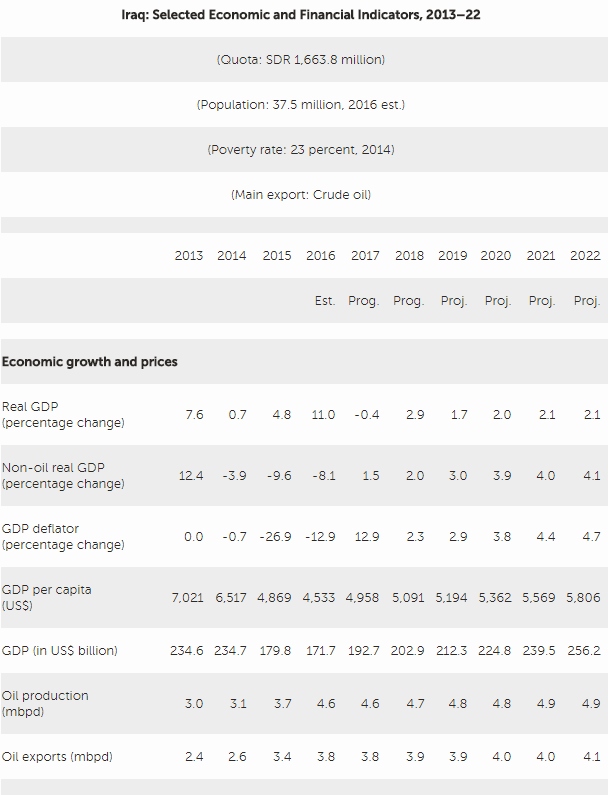
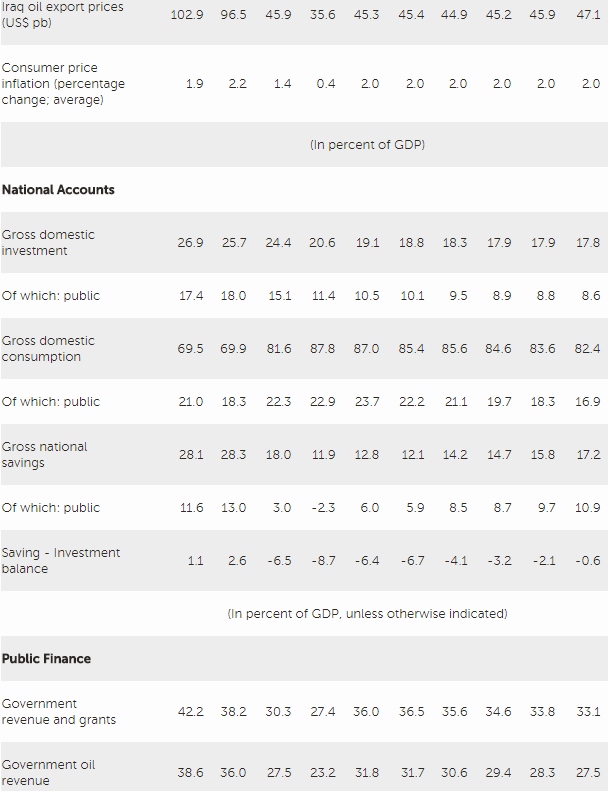
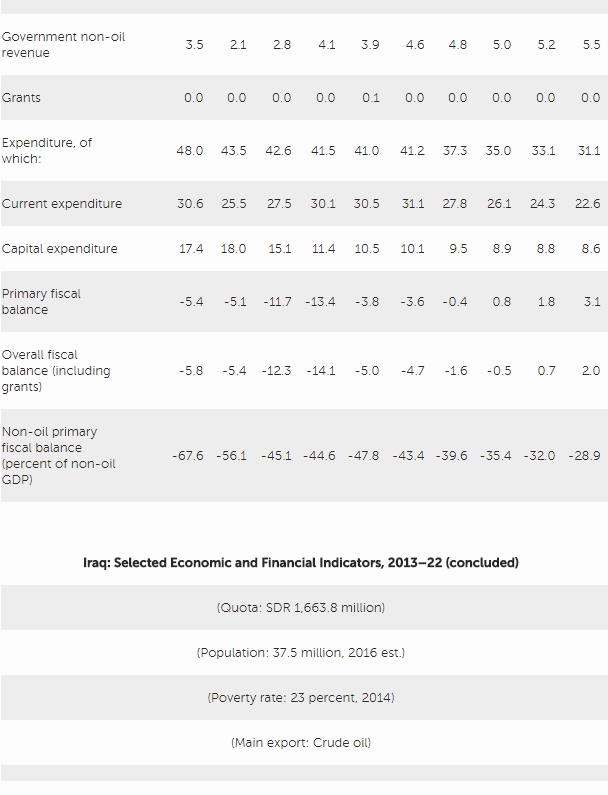
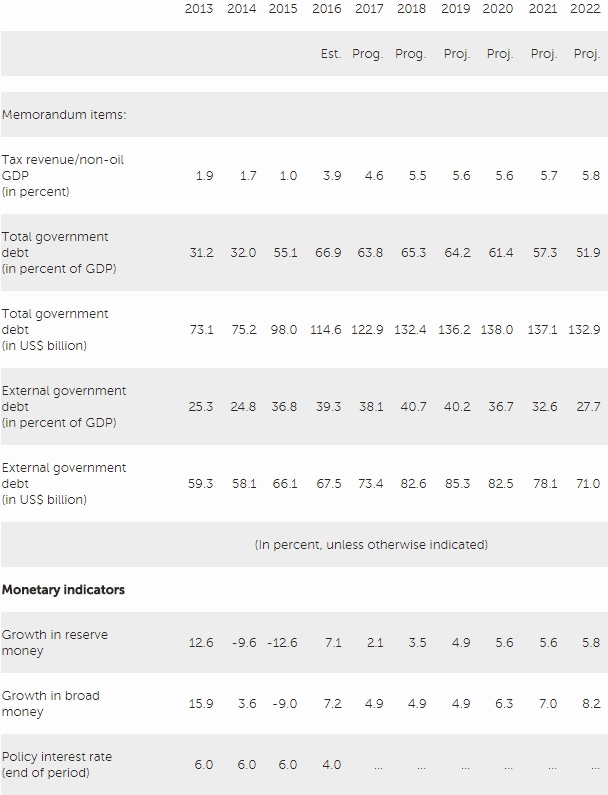
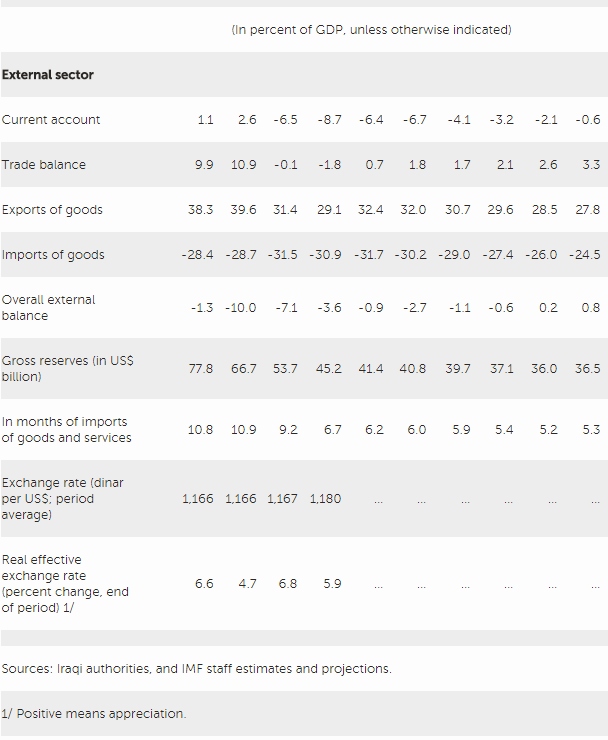
Source: International Monetary Fund
- 288 reads
Human Rights
Ringing FOWPAL’s Peace Bell for the World:Nobel Peace Prize Laureates’ Visions and Actions

Protecting the World’s Cultural Diversity for a Sustainable Future

The Peace Bell Resonates at the 27th Eurasian Economic Summit

Declaration of World Day of the Power of Hope Endorsed by People in 158 Nations

Puppet Show I International Friendship Day 2020

